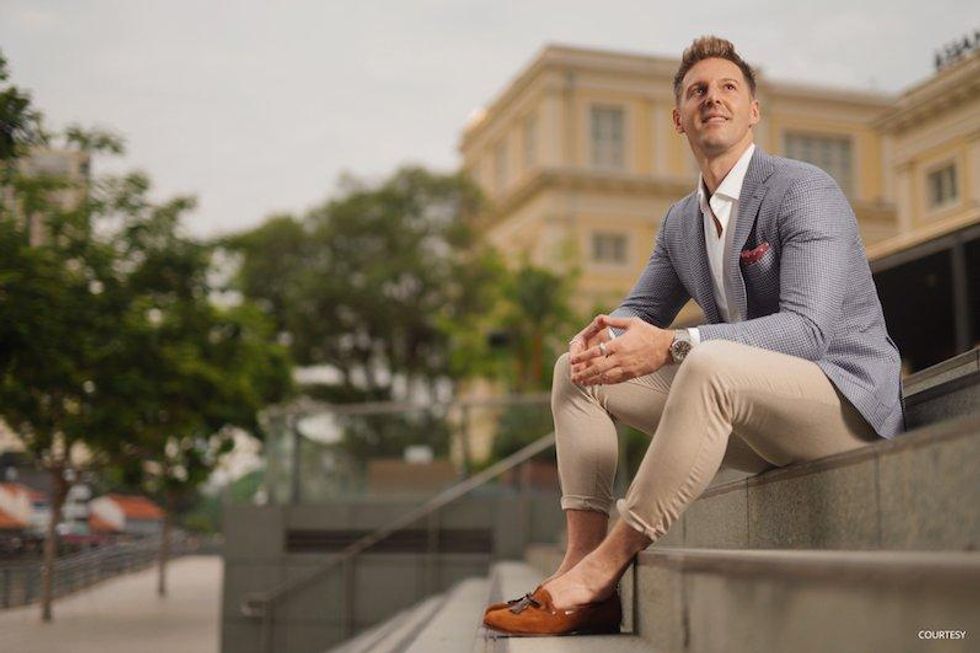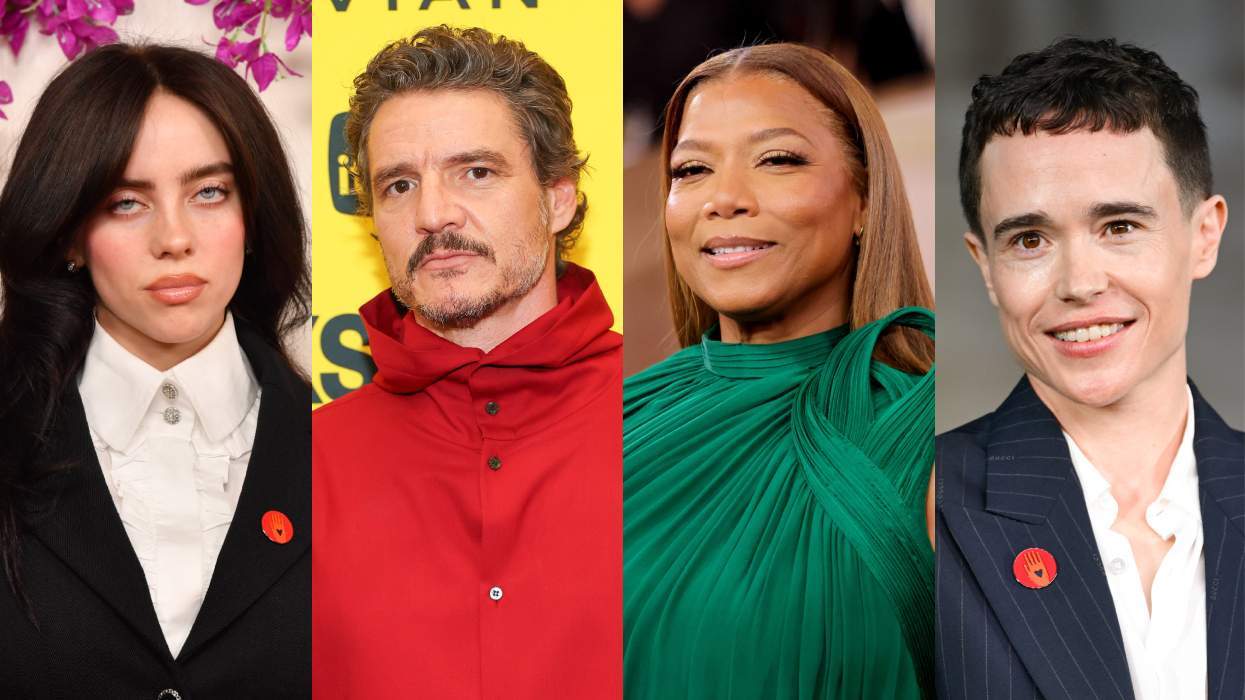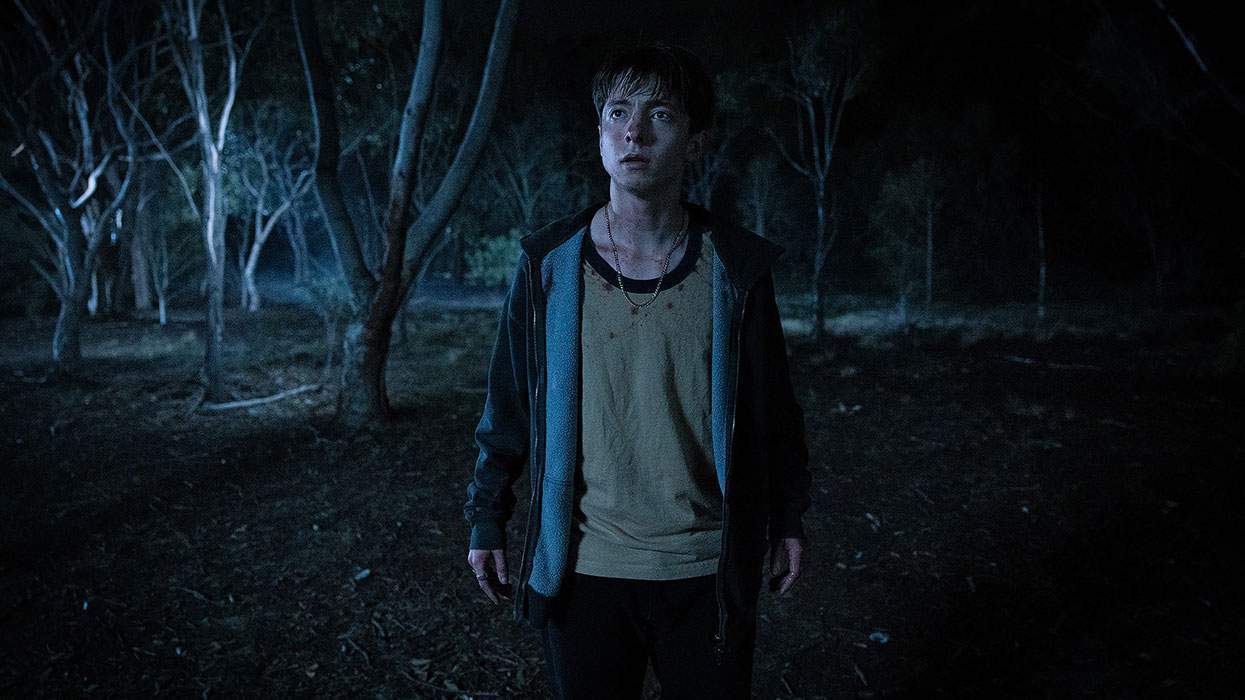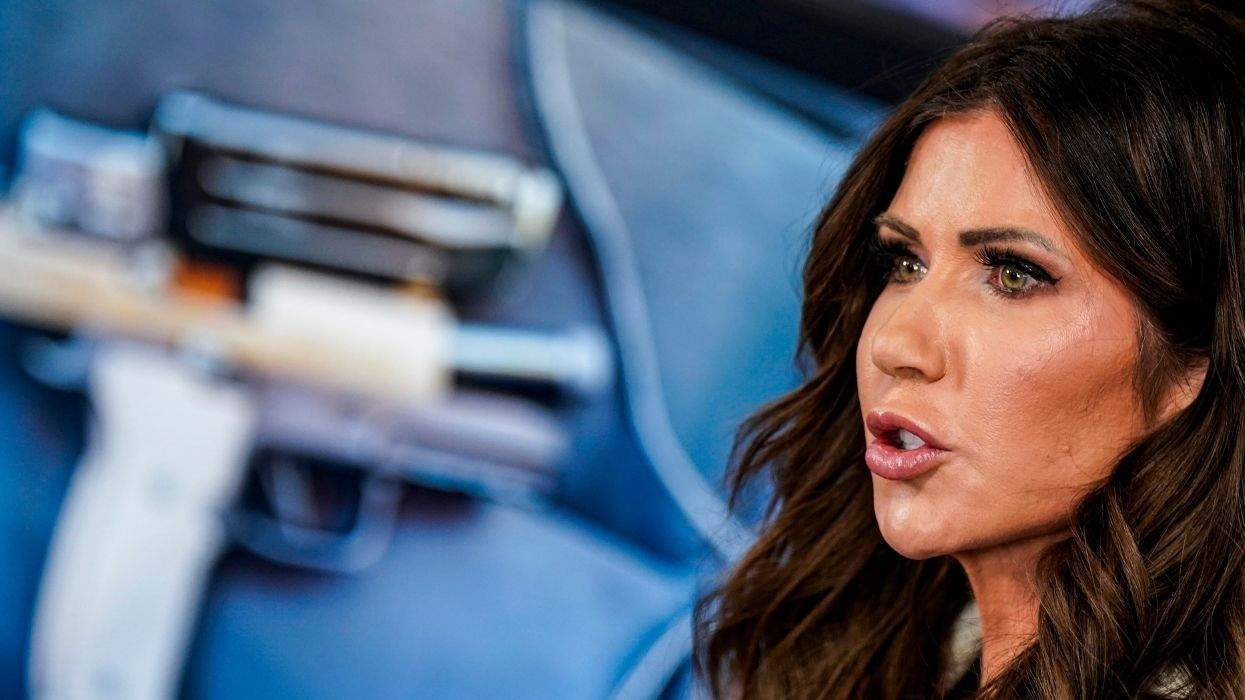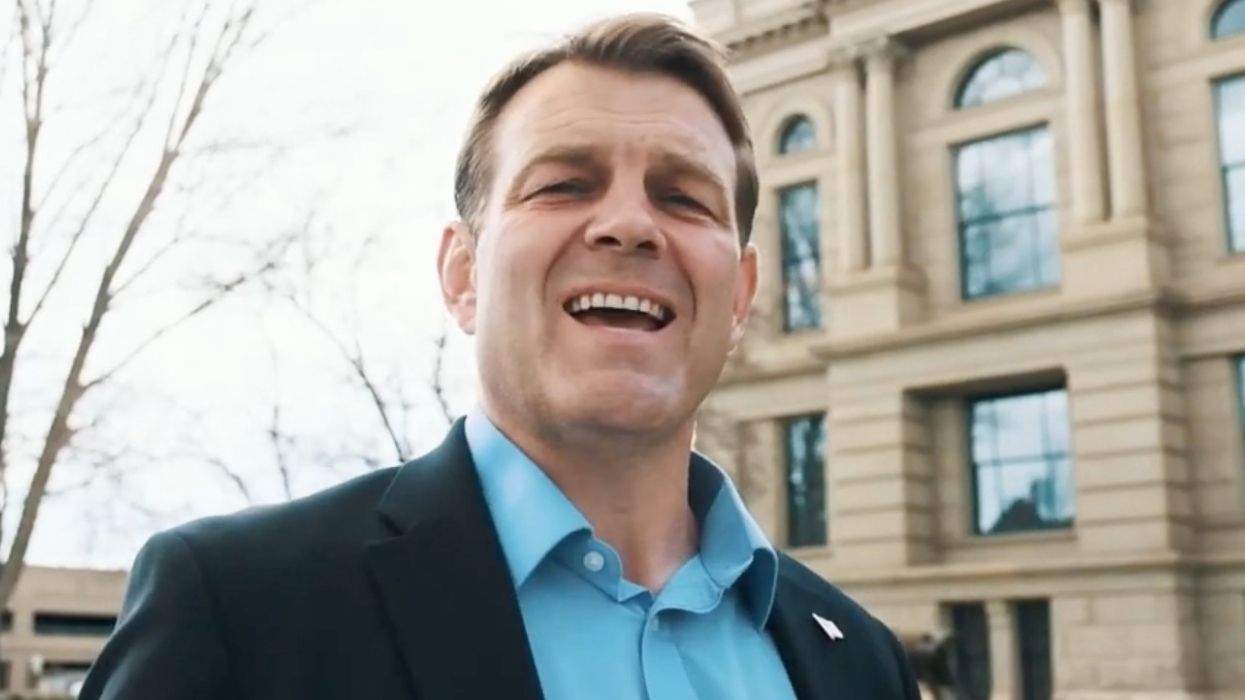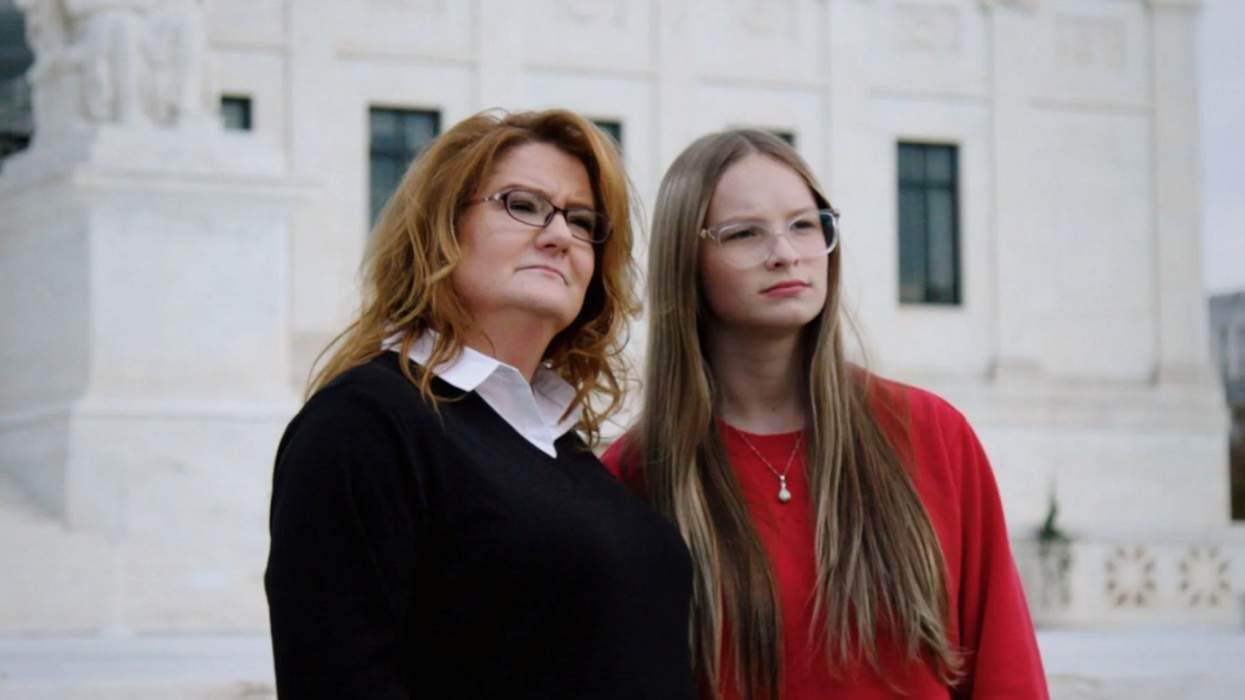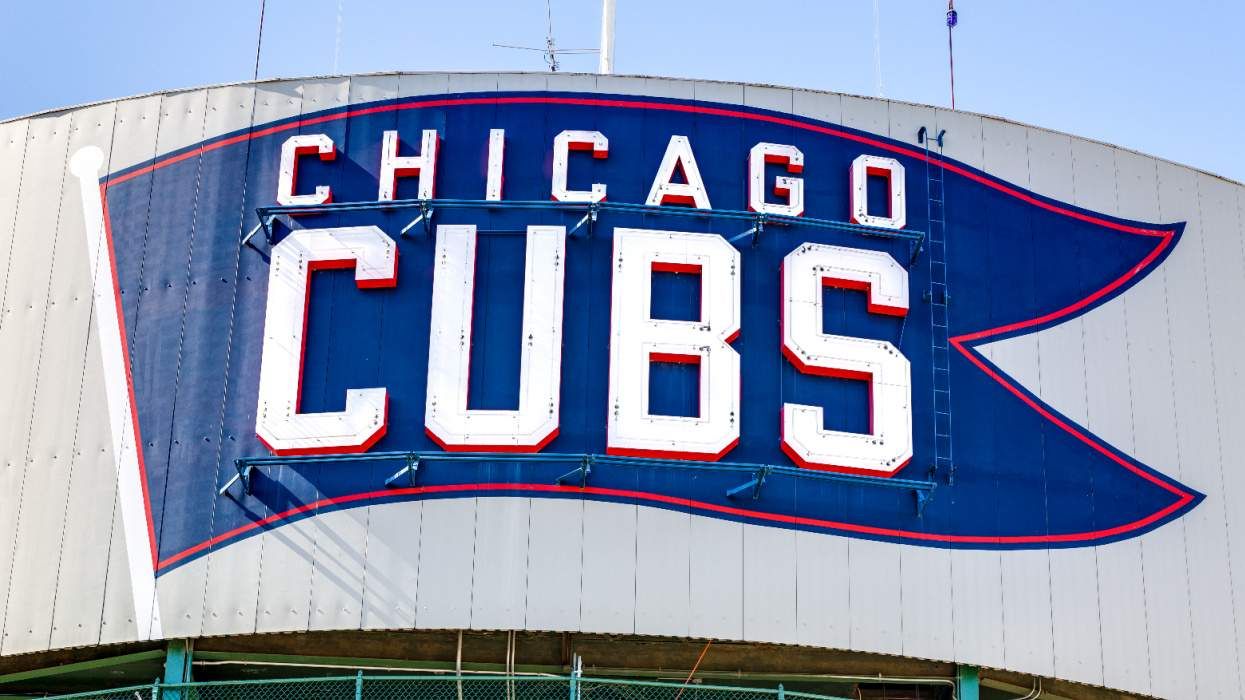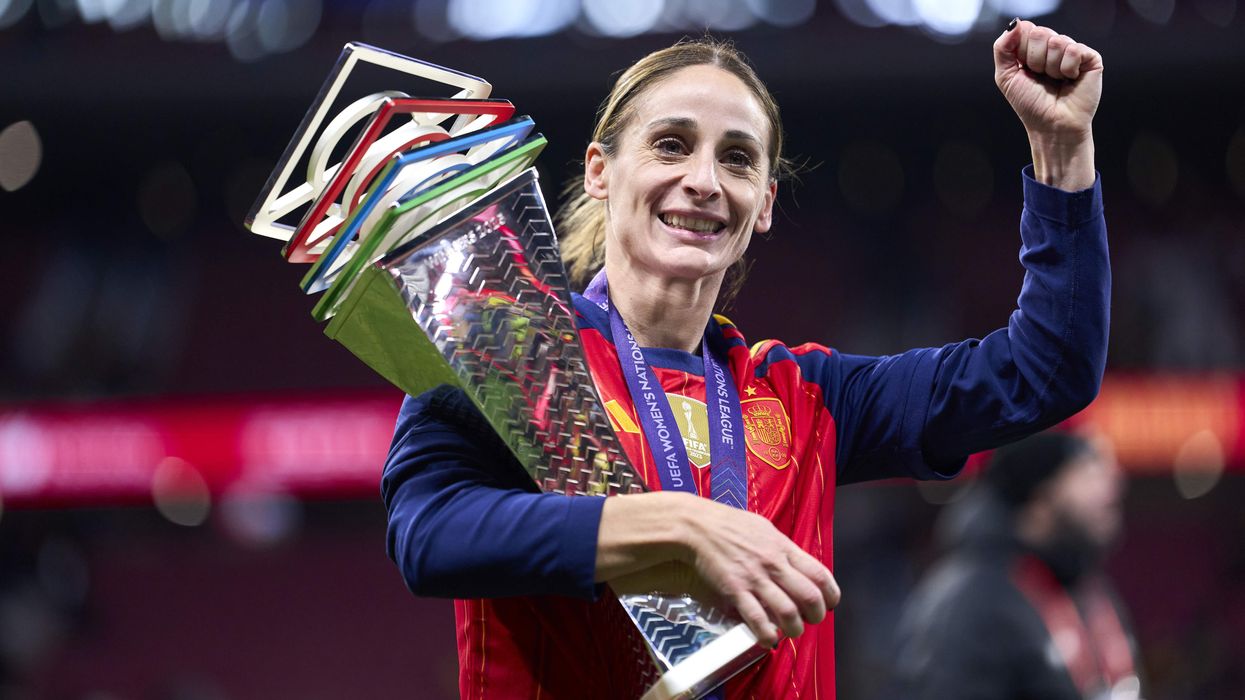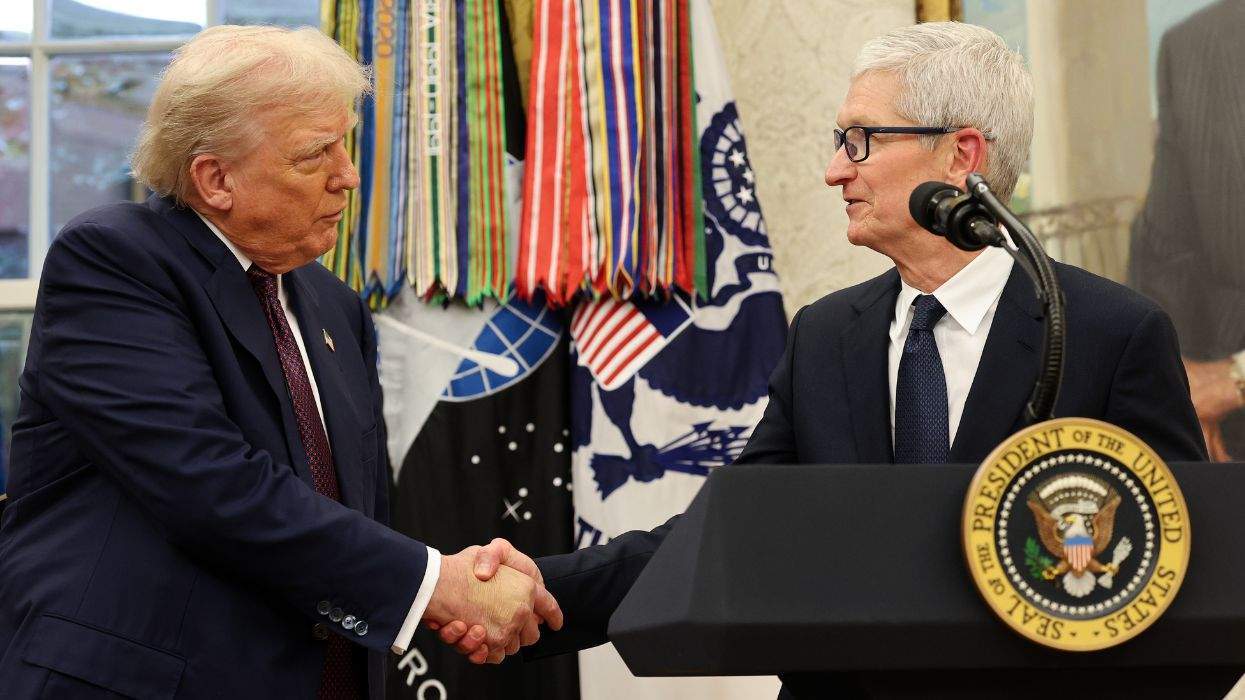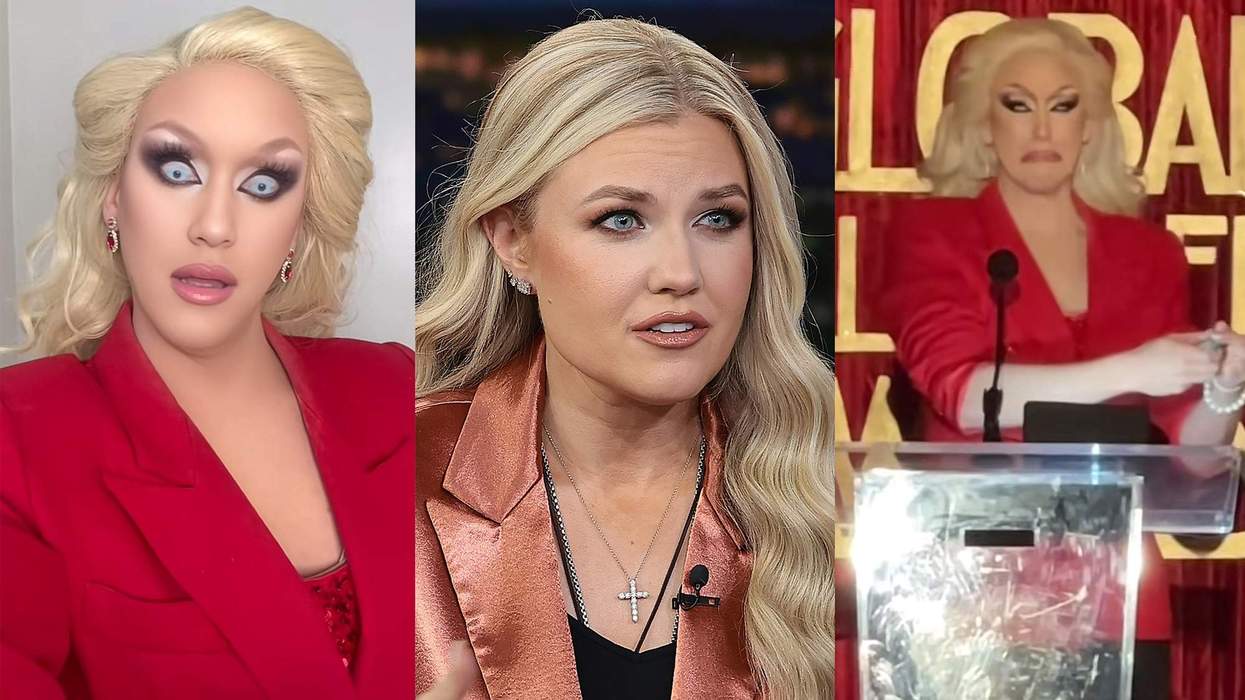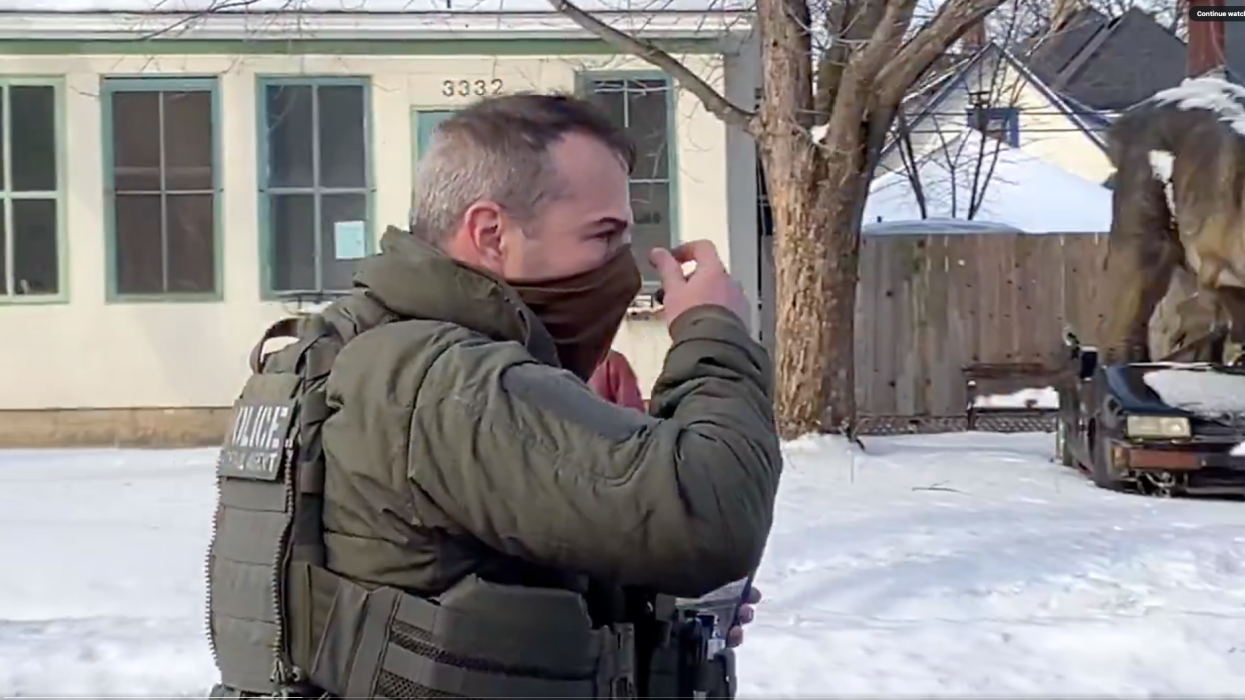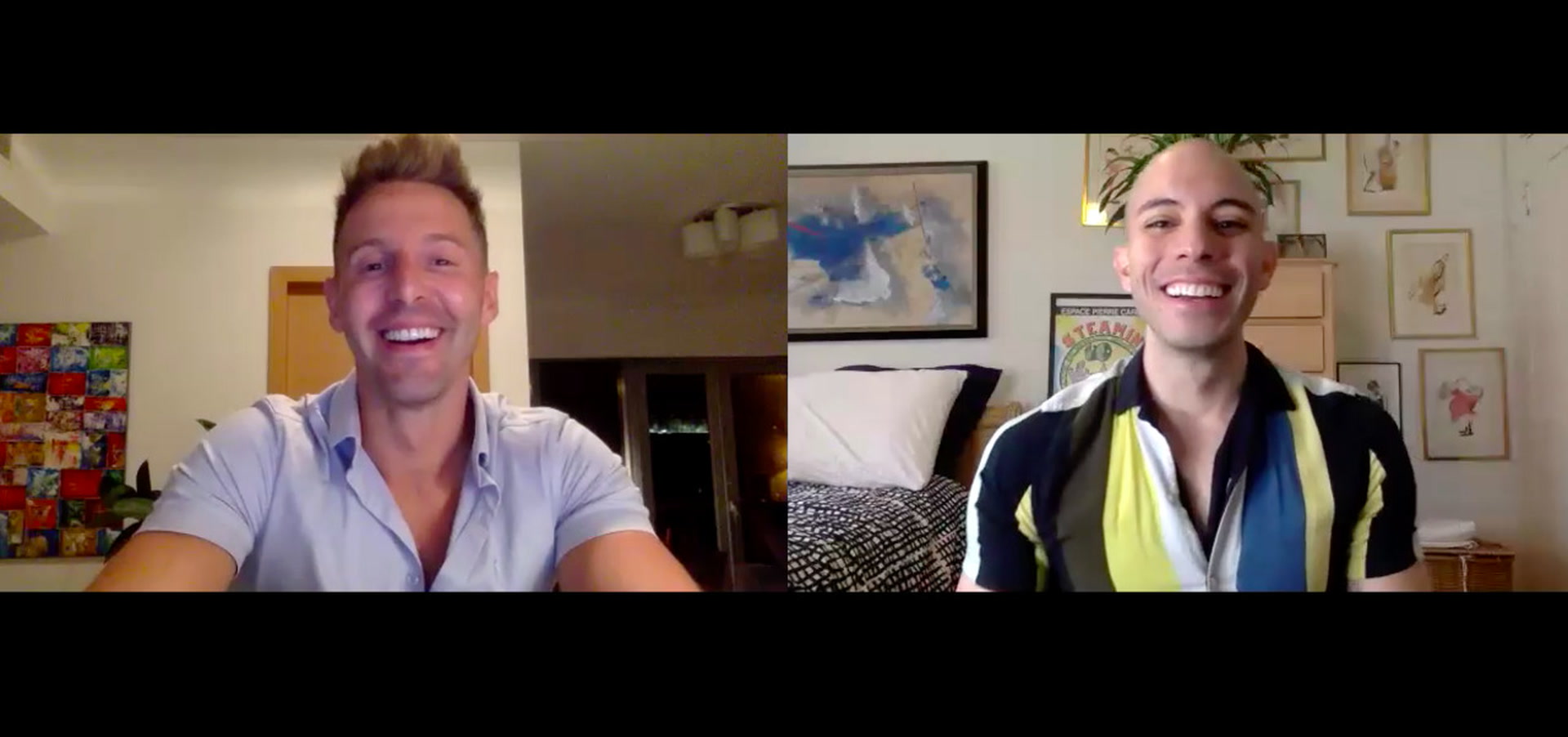
When English former professional soccer player, Thomas Beattie, spoke with The Advocate in June about his decision to come out as gay, he ignited a global dialogue about being out in sports.
Following our interview, Beattie sat down for an interview with Inside with The Advocate to discuss the response he received from fans around the world as well as how it impacted his personal life.
"I made the decision a few months ago that I was going to go on the journey, firstly, of setting myself free," Beattie says. "On a personal level, that was the end [goal] for me."
The soccer star -- whose professional career spans over a decade in professional leagues across the United States, the United Kingdom, Canada, and Asia -- is the third male professional player in British sports history to come out after Justin Fashanu in 1990 and Robbie Rogers in 2013, and only the second professional soccer player from the United Kingdom to come out.
Beattie, who is also the first male professional soccer player in Asia to come out and the first to play in any of the major Asia pro sports leagues, says he made the decision to come out in one big "swoop" via ESPN not only to avoid answering the same questions to fans but also to make a larger impact in the world of sports.
"It was a long two weeks leading up to this because I knew it was coming," he says. "I think that as former athlete, you get good at hiding or burying certain feelings or emotions, and you get good at avoiding certain situations. You have this insane response to move away from these things, whereas now I'm coming out by choice."
Born in Yorkshire, England, Beattie's sports talents were apparent at an early age as he competed in track and field, swimming, tennis, and football. But as a young athlete, feelings of same-sex attractions were bottled up.
"I never really comprehended what it was," he says. "I knew I was different around 17. I felt different from a lot of my friends, but being gay was the last thing I thought I was. I couldn't really comprehend it, especially having not been exposed to people from the LGBTQ+ community at that point in time. For me, it was more around 22 years old that I started to understand, maybe I'm gay."
Beattie says he might not have found the courage to come out if he were still playing professionally.
The athlete led a victorious career before sustaining a head injury in 2015, which forced him to stop playing sports. Now a successful entrepreneur, he is the cofounder of several companies based in Asia, the U.S., and the U.K, specializing in mobile technology, product development, real estate, and early stage investment. He's also continued to work in sports and nutrition by helping to train professional athletes in their off season.
"I think for me the biggest struggle was self acceptance," he says. "Some people know [they're LGBTQ+] at an early age, while others know but they don't let themselves believe it. I was one of them. I was like, There's no way that's me. But obviously deep down, I knew that's what I was... Once I became content with who I was, I felt a sense of obligation to [come out] in one swoop and try to make a little bit of change in perception."
"Sport brings people together, so there is that sense of community within sport," Beattie, who now resides in Singapore, explains when asked how sports can be an avenue to discuss LGBTQ+ issues on a larger scale.
"It will definitely be a good place to start. We already have large groups of people congregating for something they already have in common so you already have an audience. I think it takes awareness and exposure as the first step. There are things on a systemic level which need to be improved and changed, but the first step within sport is to normalize it outside of sport. People to bring more awareness to it; families, teachers, to start having these conversations with younger people so they will hopefully grow up in an environment where we're moving toward that."
Beattie's message to young athletes who feel like they can't come out is simple: find at least one person to speak to.
"To be in silence and alone is a difficult path. Having the ability to speak to one person is going to be a huge benefit," he says. "It's a shame if you never fulfill a potential of a dream. You never know what you might be missing out on if you decide to go the opposite way and decide not to pursue sport as a career [because you're queer]. That'd be a real shame to look back and say 'What if?' You never know. We could be missing out on the next Cristiano Ronaldo."
Of young talented athletes who might be afraid to enter sports because of preconceived ideas of homophobia, he says, "I would definitely persuade anyone in that position to continue playing and learn about themselves through sport. Learn about their character: their morals, their values, their beliefs."
"I think within sport, people are largely quite accepting on the professional level," he argues. "You're dealing with people with different ethnicities, different religions, different cultures... So 'different' in professional sport is something that's normal. The younger level, there's probably not as much emphasis on that. I don't think you really comprehend the 'different' when you're young, and kids can be quite cruel.
"Be passionate about whatever it is that sets your soul on fire," he concludes. "If that's sport, then go for it."
Watch the interview with Beattie above. And watch other episodes of Inside With the Advocate, which features an array of virtual stories with LGBTQ+ artists, trailblazers, and allies including Rosie O'Donnell, Emily Hampshire, Harvey Guillen, Ross Mathews, Kalen Allen, Sherry Cola, Fortune Feimster, Brandy Norwood, Bruce Richman, Tonatiuh, Josh Thomas, Ser Anzoategui, the Indigo Girls, Sara Benincasa, Dustin Lance Black, Alphonso David, Jonica "Jojo" Gibbs, Lena Hall, Mary Lambert, Elijah Mack, and Rahne Jones...

